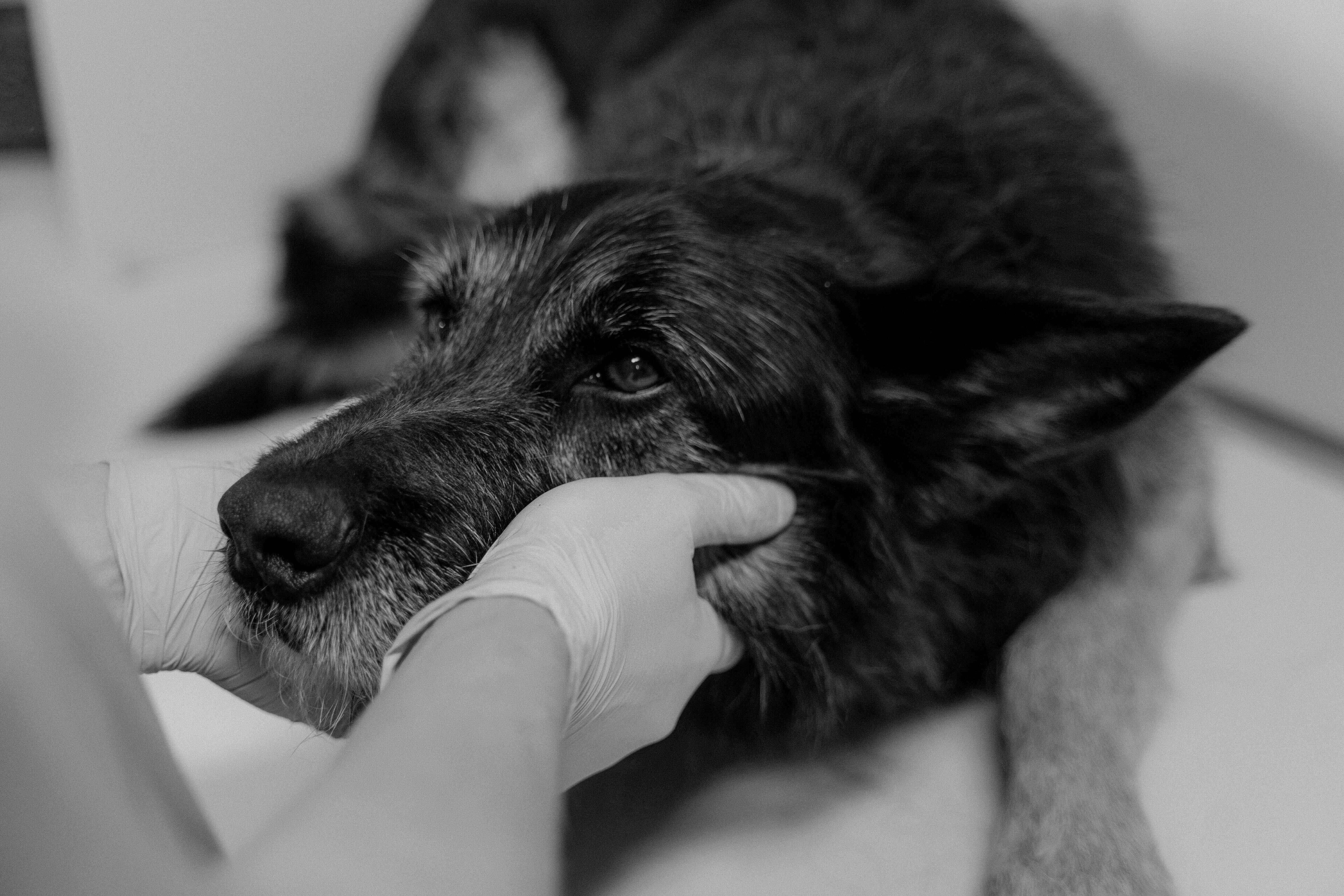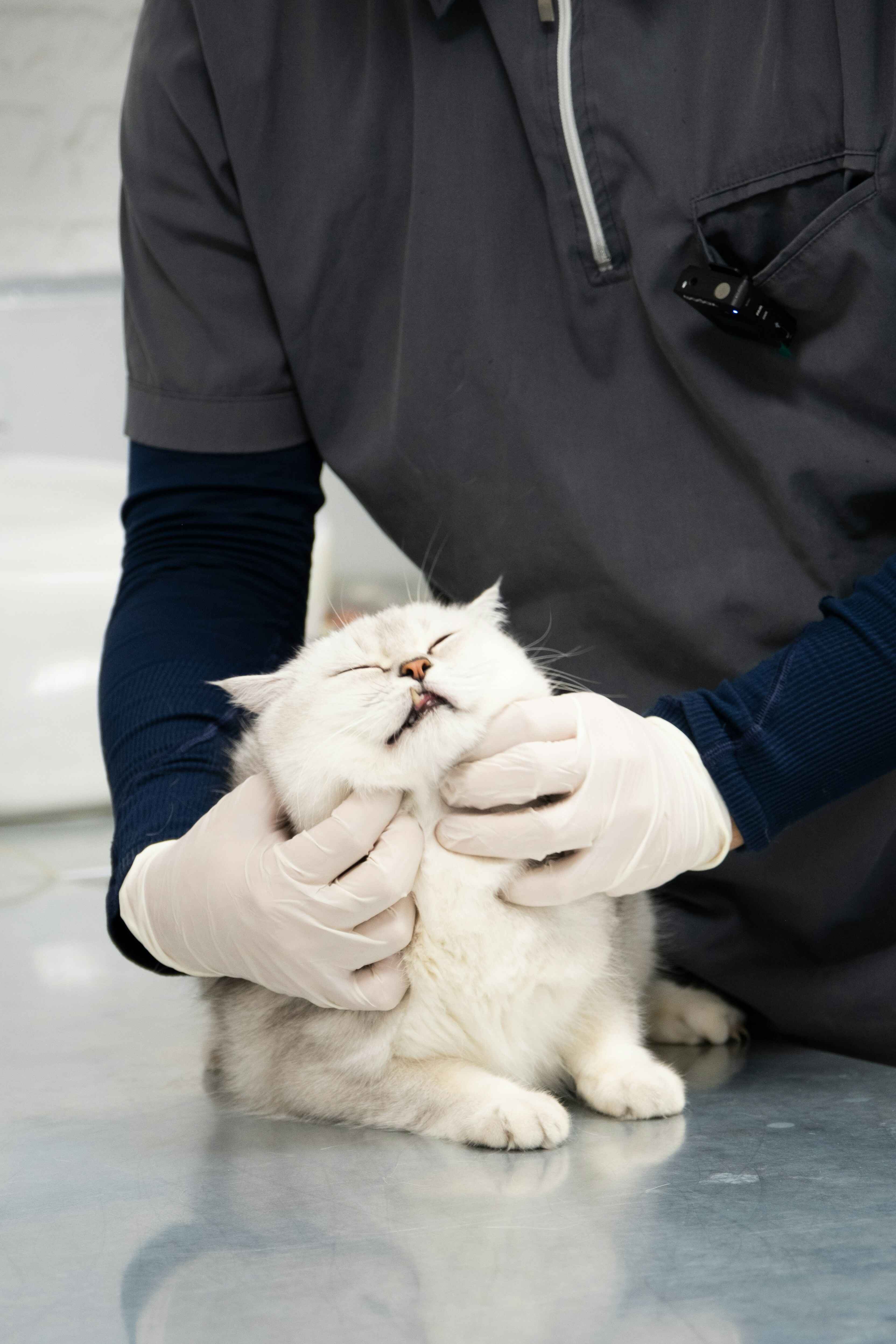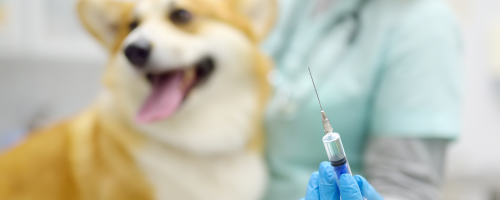Feeding Guidelines for Pets by Breed and Age
Proper nutrition is the cornerstone of a pet’s health, vitality, and longevity. Feeding your pet according to their breed, age, and specific needs ensures they thrive at every stage of life. This guide explores tailored feeding guidelines for dogs and cats, with a focus on how services like Doorstep pet care can simplify pet care routines, especially in cities like Bengaluru. Whether you’re a new pet parent or a seasoned one, understanding these guidelines can make all the difference.
Why Breed and Age Matter in Pet Nutrition
Different breeds and life stages have unique nutritional requirements. A high-energy Border Collie puppy needs more calories and protein than a senior Pug, while a Maine Coon kitten requires a different nutrient profile than an adult Siamese. Age influences metabolism, activity levels, and health conditions, while breed impacts size, energy needs, and predisposition to certain ailments. Tailoring diets to these factors supports optimal growth, weight management, and overall well-being.
Feeding Guidelines for Dogs
Puppies (0–12 Months)
Puppies grow rapidly, requiring diets rich in protein, calcium, and calories to support development. Small breeds like Chihuahuas need frequent, small meals due to their fast metabolism, while large breeds like Labradors benefit from controlled portions to prevent rapid growth-related issues like hip dysplasia. Choose high-quality puppy food with DHA for brain development. Feed 3–4 times daily, adjusting portions based on weight and activity.
Adult Dogs (1–7 Years)
Adult dogs need balanced diets to maintain energy and health. Active breeds like German Shepherds require higher-calorie foods with 20–25% protein, while less active breeds like Bulldogs may need lower-calorie options to prevent obesity. Look for foods with omega-3 fatty acids for coat health and antioxidants for immunity. Feed 1–2 times daily, monitoring weight to adjust portions.
Senior Dogs (7+ Years)
As dogs age, their metabolism slows, and they may face joint issues or reduced appetite. Senior-specific foods with glucosamine for joint health and lower calories to prevent weight gain are ideal. Breeds like Golden Retrievers, prone to arthritis, benefit from added supplements. Feed smaller, more frequent meals to aid digestion, and consult a vet for tailored advice.
Feeding Guidelines for Cats
Kittens (0–12 Months)
Kittens need nutrient-dense food to fuel their rapid growth. High-protein diets with taurine are essential for heart and eye health. Breeds like Bengals, which are highly active, may need more calories than calmer Persians. Feed 3–4 small meals daily, ensuring wet food is included for hydration.
Adult Cats (1–7 Years)
Adult cats require balanced diets with high-quality protein and moderate fat. Indoor cats, like British Shorthairs, need fewer calories to avoid obesity, while active breeds like Abyssinians may require more. Wet food supports urinary health, especially in male cats prone to blockages. Feed 1–2 meals daily, adjusting for activity and weight.
Senior Cats (7+ Years)
Senior cats often face dental issues, kidney problems, or reduced appetite. Diets with high moisture content and easily digestible proteins are ideal. Breeds like Siamese, prone to kidney issues, benefit from low-phosphorus foods. Feed smaller, frequent meals and ensure fresh water is always available.
Special Considerations for Breed-Specific Needs
Certain breeds have unique dietary needs. For example:
- Brachycephalic breeds (e.g., Pugs, French Bulldogs): Prone to obesity, they need low-calorie, high-fiber diets.
- Large breeds (e.g., Great Danes, Rottweilers): Require controlled calcium and phosphorus to prevent bone issues.
- Hairless breeds (e.g., Sphynx cats): Need higher-calorie diets to regulate body temperature.
- Allergy-prone breeds (e.g., Labrador Retrievers, Siamese): May benefit from hypoallergenic or limited-ingredient diets.
Consulting a veterinarian for breed-specific advice is crucial, especially for pets with health conditions like diabetes or food sensitivities.
The Role of Doorstep Pet Care in Nutrition Management
Maintaining a pet’s diet goes hand-in-hand with regular health checkups and vaccinations. Services like Doorstep pet care Bengaluru bring professional veterinary care to your home, making it easier to monitor your pet’s nutritional needs. These services offer personalized consultations, allowing vets to assess your pet’s diet, weight, and health in a stress-free environment. For example, Dog vaccination at home Bengaluru ensures your dog stays protected without the hassle of clinic visits, freeing up time to focus on their diet and care.
Tips for Implementing Feeding Guidelines
- Measure Portions: Use a measuring cup to avoid overfeeding, especially for small breeds.
- Monitor Weight: Regularly check your pet’s weight to adjust portions and prevent obesity.
- Transition Gradually: When changing foods, mix new and old diets over 7–10 days to avoid digestive upset.
- Stay Consistent: Stick to a feeding schedule to support digestion and behavior.
- Leverage Doorstep Services: Use Doorstep pet care for regular vet checkups to ensure your pet’s diet aligns with their health needs.
Feeding your pet according to their breed and age is a proactive step toward their long-term health. By understanding their unique needs and leveraging services like Doorstep pet care Bengaluru, you can provide the best care possible. Whether it’s scheduling Dog vaccination at home Bengaluru or consulting a vet for dietary advice, these services simplify pet parenting. With the right nutrition and care, your furry friend will lead a happy, healthy life by your side.

When Your Pet Has a Fever: What to Do Before the Vet Arrives
Pet Fever: Signs, Comfort Tips & Vet Prep Your furry friend isn’t acting like their usual...

What pet vaccinations are, when they should be given, and why they matter.
What Are Pet Vaccinations?Vaccinations help prepare your pet’s immune system to recognize and fight...

Your Pet’s Health, Now at Your Doorstep
Home Veterinary Services in Delhi NCR: Your Pet’s Health, Now at Your DoorstepIn today’s fast-moving...
